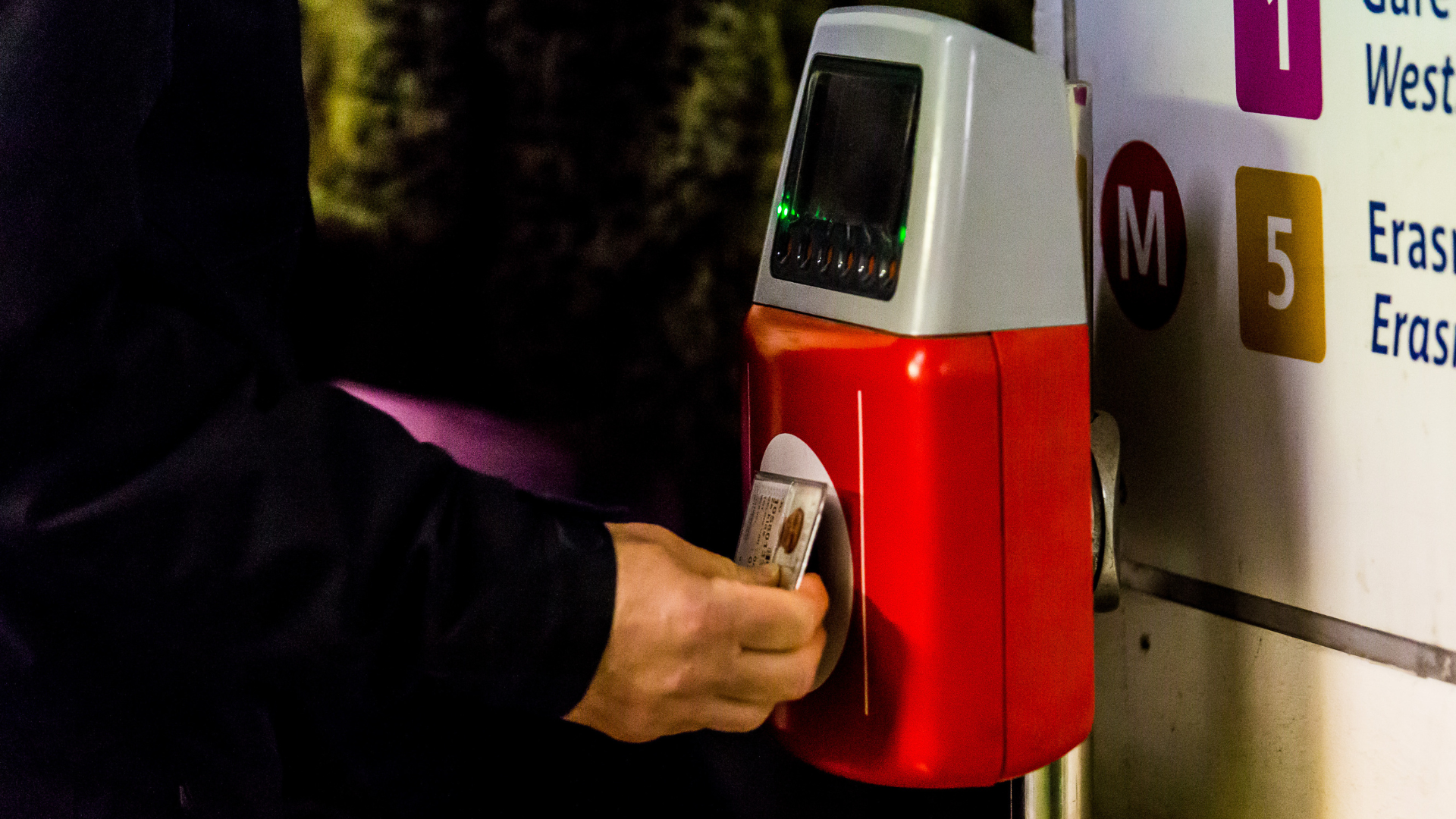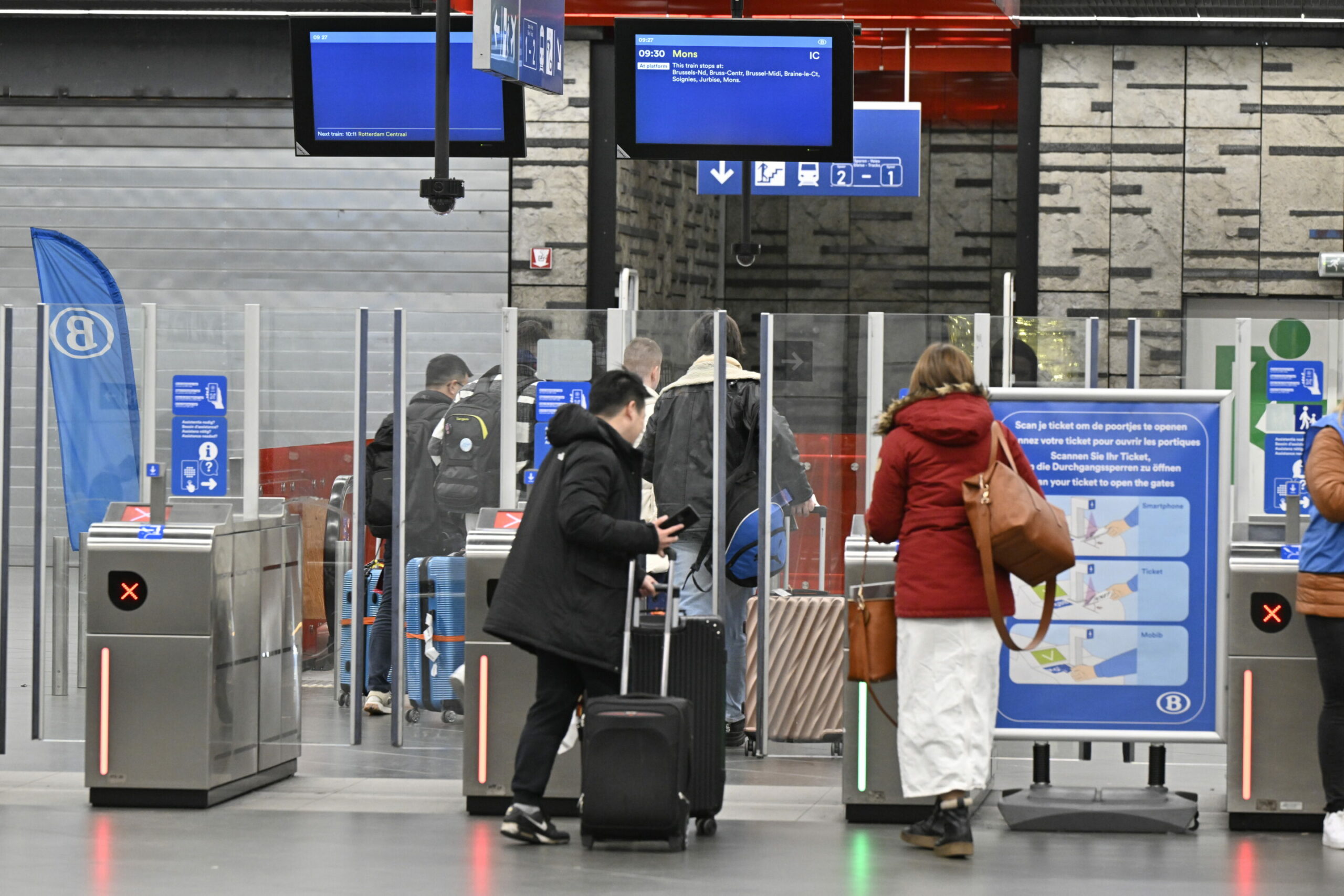Several changes will come into force on Saturday 1 February, from public transport price increases to reimbursements for diseases. Other, non-official transport decisions will also affect people in the country from this date.
Every start of the month in Belgium is marked by a series of changes to laws, rules or policies which impact residents in various ways. Discover the most important ones below.
Public transport prices on the rise
Public transport in Brussels and Wallonia will become more expensive from 1 February in line with inflation.
In Brussels, public transport operator STIB will increase the fares of its individual ticket sales and regular season tickets by almost 5%. A single journey ticket, which cost €2.10 at the start of 2024 and €2.20 since September, will rise to €2.30. The one-day ticket will increase from €8.00 to €8.40.
For Brupass products (for travel on all public transport networks within the Brussels region) the single-journey ticket will rise from €2.60 to €2.70, and the one-day ticket will cost €9.50, up from €9.10 previously.
A month of transport in Brussels will cost €55 instead of €52, while the annual fare will rise from €520 to €550. Special fares, such as tickets and season tickets for young and old, will not change for the time being.

Validating a STIB ticket. Credit: Belga / Dirk Waem
Across Belgium, national railway operator SNCB will increase the price of its regulated (Standard, Major Beneficiary, Senior, and Youth) and non-regulated (such as Weekend Tickets, Local Multi, Youth Multi, Standard Multi) second-class ticket fares by 2.91%.
Subscription fares (Standard, Flex, Part-time, and Student) will increase by 3.03%, as will the City pass and Unlimited Subscription.
The 'Youth Holidays' product for young people during school holidays will now cost €39 instead of €35. Its weekly version will be available for €19 (+€1).
In Wallonia, TEC fares will be indexed by 3.74%. A single ticket will cost €2.20, up from €2.10, and an "Express" journey (covering the entire network) will now cost €5.10 instead of €5.00. Monthly "Next" subscriptions (covering one or two zones) for 25 to 64-year-olds will increase from €37.10 to €38.20. The annual "Next" subscription for the same age group will rise from €323.00 to €332.30.
However, the prices remain unchanged for group tickets and annual subscriptions, priced at €12 for 18 to 24-year-olds, seniors over 65, and people on certain benefits.
Flanders' public transport operator De Lijn is not raising fares in February.
Adjustments to services
Aside from these structural changes, two other decisions will be impacting people in Belgium from Saturday.
Fewer trains will be running to and from Brussels Airport, Belgium's biggest airport. Belgian rail network manager Infrabel will start work in the southern part of the tunnel at the railway station in the airport located in Zaventem. As a result, fewer trains will be stopping at the station.

Passengers pictured at Brussels Airport railway station. Credit: Belga/ Eric Lalmand
These works will be carried out from 1 to 21 February and during the weekend of 1 and 2 March. People departing from or arriving at Brussels Airport should allow extra travel time. The works will also impact train traffic between Brussels, Zaventem and Leuven.
In another announcement related to the airport, Brussels Airlines will gradually resume flights to Tel Aviv in Israel from 1 February. Flights were suspended several times since October 2023 due to escalating tensions in the Middle East (in April, August and September following the explosion of pagers and walkie-talkies in Lebanon). The announcement of a ceasefire between Israel and Hamas likely influenced the decision to resume flights.
The first flight is scheduled to leave from Zaventem on Sunday morning, followed by another on Wednesday morning.
Belfius lowers rates on its savings account
Belgian interest rates on savings accounts are among the lowest in Europe. Despite banks coming under fire for repeatedly resisting calls to raise their savings rates, the country's banking group Belfius decided to lower the interest rate on its savings account from 1 February, "due to the evolution of rates on the financial markets".
Following the decision by the European Central Bank (ECB) last December to cut interest rates by 25 basis points, bringing the deposit rate to 3.0%, Belfius decided to reduce the base rate for its savings account from 0.55% to 0.50%. The fidelity premium (calculated on the amount of money that has been kept in the account for one year) will fall from 0.55% to 0.40%. This means the total interest is down from 1.10% to 0.90%.

Credit: Belga/ Lauria Dieffembacq
For payments made into the savings account before 31 January 2025, the previous fidelity premium will still apply. From 31 January 2025, the new fidelity premium will apply to new deposits as well as to previous deposits that have remained on the account for 12 months. The interest rates on the ‘Belfius Fidelity’ savings account remain unchanged (base rate of 0.30% and fidelity premium of 1.70%).
Subsidies for certain PFAS soil investigations
The Flemish government will help pay for soil investigations at sites where fire-fighting foam may have led to PFAS (polyfluoroalkyl substances) contamination. These so-called "forever chemicals" are man-made compounds that do not break down in the environment, and can have harmful effects on health.
Most foam extinguishers contain PFAS, meaning their use can contaminate soil and other surfaces. Municipalities and fire zones can be reimbursed half of the costs, with a maximum of €300,000 when cleaning up after this product is used.
The support also applies to private individuals after a fire or fire-fighting exercises. They can get 95% paid back and have to pay a maximum of €500 themselves. For them too, the maximum is €300,000. The aid applies retroactively from 21 September 2021.
Reimbursement for medicine cystic fibrosis expanded
For eligible children aged two to five, the drug (Kaftrio) to treat cystic fibrosis, an inherited life-threatening disorder that damages the lungs and digestive system, will now be fully reimbursed. This represents a group of around 70 children. They will receive the drug in a new, granular form to be mixed with soft food or liquid and swallowed this way.
Reimbursement of the drug started in September 2022 for more than 800 people over the age of 12 with at least one F508del mutation – the most common mutation. On 1 February 2023, this was expanded to include about 140 children aged between 6 and 11 years. Two years on, children aged two to five will also be added.
In Belgium, some 1,380 people suffer from the disease. Kaftrio improves lung function, reduces the number of flare-ups, reduces the need for antibiotics and gives people with muco a better quality of life.

